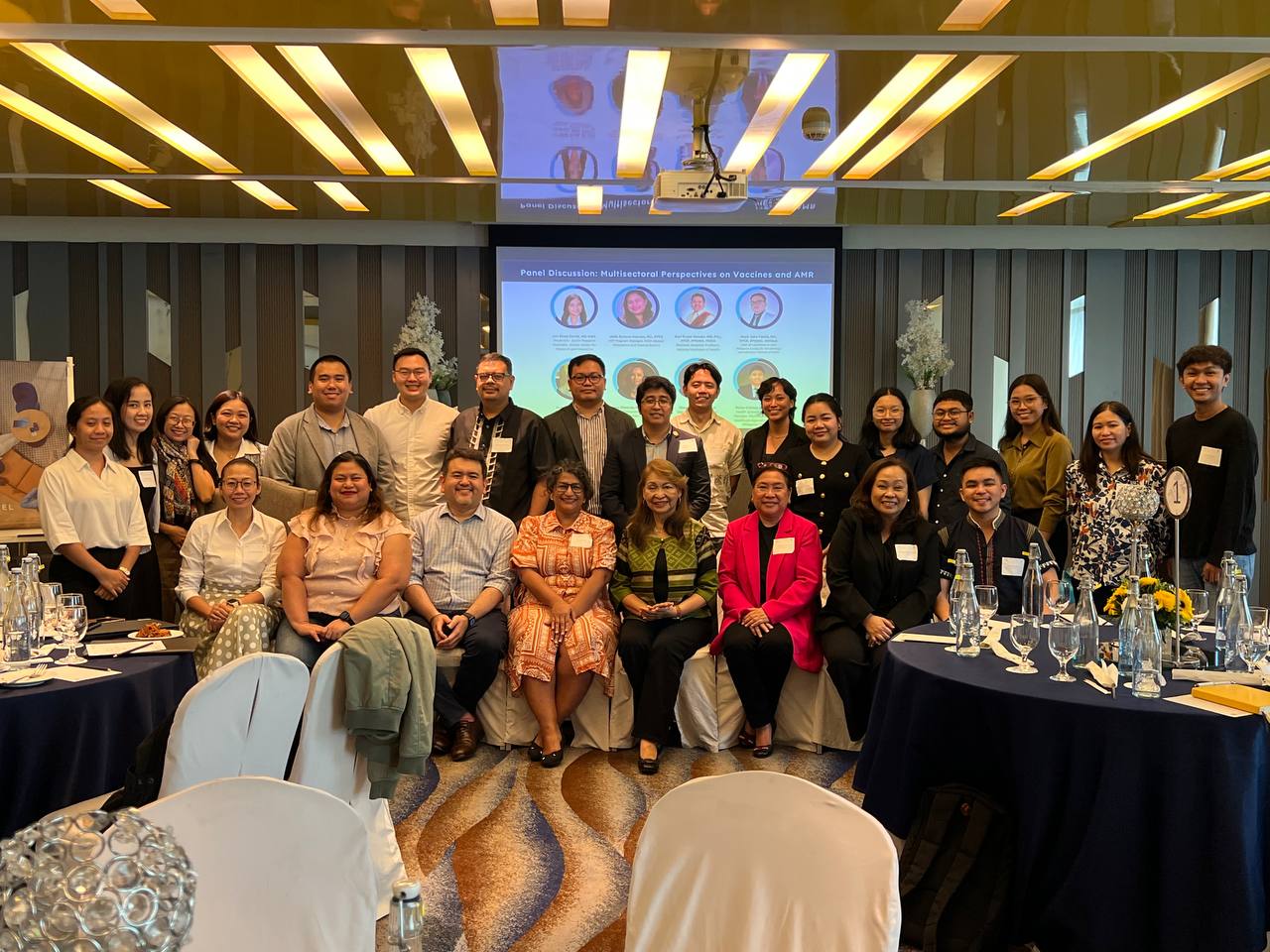
A TAALe of Arsenic: Sharing the narrative through an interactive map
Arsenic is a highly toxic and carcinogenic trace metal that can potentially contaminate groundwater sources in volcanic regions and affect communities in the area, like those residing around the Taal Volcano.
The volcano’s eruption last 2020 encouraged an investigation into the quality of groundwater sources in communities surrounding the volcano. In response, the EnviHealth team in ACRI conducted a comparative documentation, “Arsenic in Groundwater Sources from Selected Communities Surrounding Taal Volcano, Philippines”. Water samples from 26 wells were collected across 11 municipalities and 1 city in Batangas province within danger zones from the volcano which were used to analyze total arsenic levels of the samples. Geographic coordinates of the sampling points were also recorded for mapping.
As part of the study, the Taal Volcano Environmental Health Task Force and EnviHealth team created an online interactive map to help policymakers and decision makers visualize the extent of arsenic groundwater contamination in Batangas Province.
The interactive map was developed to share information on arsenic levels in groundwater around Taal Lake, which can be easily accessed online by policymakers and local government units for policy and planning purposes. It displays a map which highlights the various municipalities and cities surrounding the lake, along with the point water sources in these areas. The municipalities are color-coded based on arsenic levels where concentrations are depicted through varying shades of red, with the darkest gradient depicting high Arsenic levels (n=XXX pbm). Upon selecting a location, the map provides detailed information about the barangay, including its geographical coordinates, arsenic levels for the years 2020, 2021, and 2022, as well as the corresponding municipality.
The map is available and accessible to the public through this link: https://umap.openstreetmap.fr/en/map/arsenic-in-groundwater-sources_775651#12/13.9912/120.9931
-

The Unseen Link: Vaccines and Antimicrobial Resistance in the Philippine Context
Antimicrobial resistance is already claiming lives, and the global pipeline for new antibiotics is shrinking. In August 2025, experts gathered to explore a critical question: Can vaccines become a frontline weapon against AMR? The science is clear—by preventing infections, vaccines reduce antibiotic use and slow resistance. But translating this into action means confronting data gaps, political barriers, and financing challenges. As one expert noted: "When we vaccinate, we reduce the frequency of these diseases. That means fewer antibiotics—used and misused." With no country in the Global South yet integrating vaccines systematically into AMR strategies, the Philippines has a chance to lead—if stakeholders can move from consensus to action.
-

Advancing vaccine uptake to mitigate antimicrobial resistance (AMR) in low and middle-income countries of South or South-East Asia
This project explores how strengthening vaccine uptake can serve as a key strategy to mitigate antimicrobial resistance (AMR) in the Philippines and across South and South-East Asia. By reducing the burden of vaccine-preventable diseases and the unnecessary use of antibiotics, the study aims to provide actionable recommendations for national and institutional stakeholders to better integrate vaccination initiatives into AMR control efforts, ultimately contributing to stronger, more resilient health systems.
